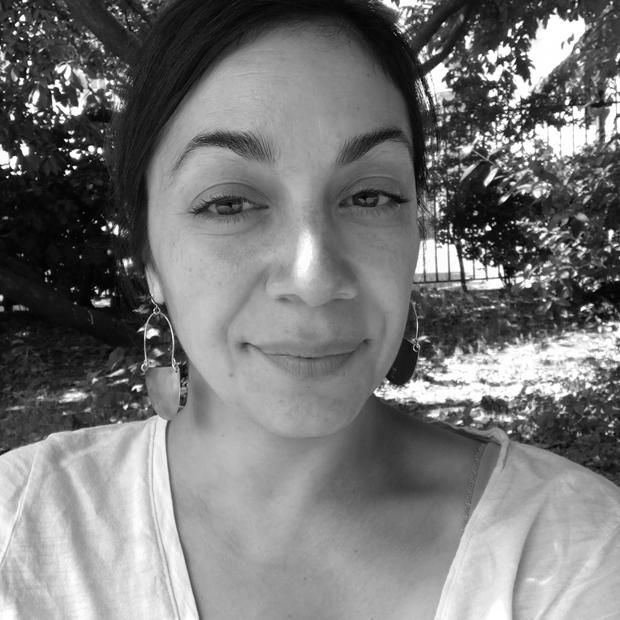Abigail Scholar is the executive director of Central Washington Justice For Our Neighbors. Karen Fierro Ruiz is the Communications and Development Coordinator for the Washington Immigrant Solidarity Network.
When Congress passed the $2 trillion CARES Act late last month, it was hailed as a relief for 6.6 million people who have lost their jobs as a result of COVID-19. But Congress intentionally excluded one community from its historically unprecedented relief package: undocumented workers.
The Washington Immigrant Solidarity Network provides a hotline for immigrants in our state. Last week, the coalition received a call (one of 3,500) from an undocumented mother in suburban King County whose husband lost his job because of COVID-19. It has been one month with no income for the family, a household of two adults and three children, one of whom has special needs. She asked whether her children, all citizens, qualified for relief under the federal program.
The answer is no.
If even one member of a household is an unauthorized immigrant and holds an individual taxpayer identification number, no one in that household gets the much-publicized $1,200 stimulus check. This directly impacts more than 16 million people who live in mixed-status households nationwide, including 8.2 million U.S.-born citizens.
In response to the gap in available resources for undocumented families left in financial crisis, a group of immigrant rights organizations has organized a COVID-19 relief fund. This fund will be made available to undocumented individuals, and will be distributing aid between $500 and $1,500 per individual. As of Friday, this fund had raised $114,867.
In rural towns without the resources of King County, neighbors are trying to pick up the slack. In Walla Walla, the community organization Central Washington Justice for Our Neighbors and a team of volunteers have created the Walla Walla Mutual Aid Network to fill gaps in funds for groceries and emergency relief.
These community-powered efforts are a drop in the bucket compared with what our undocumented communities need: unemployment benefits. A family with an undocumented breadwinner pays taxes, goes to school and attends church. They are a part of our community. They deserve to be treated as such.
READ MORE IN OUR SAVING WASHINGTON SERIES
- Sharon Lee on tiny house villages
- Lisa Daugaard on frontline care workers
- Marcus Courtney on ending medical bankruptcy
- John Burbank on supporting child care workers
- Xochitl Maykovich and Edmund Witter on rent relief
- Mike McGinn on a wealth tax
- Jacob Vigdor on the balanced budget provision
- Chris Vance on letting the feds help
- Jessyn Farrell on infrastructure investments
- Paul Guppy on property tax relief




